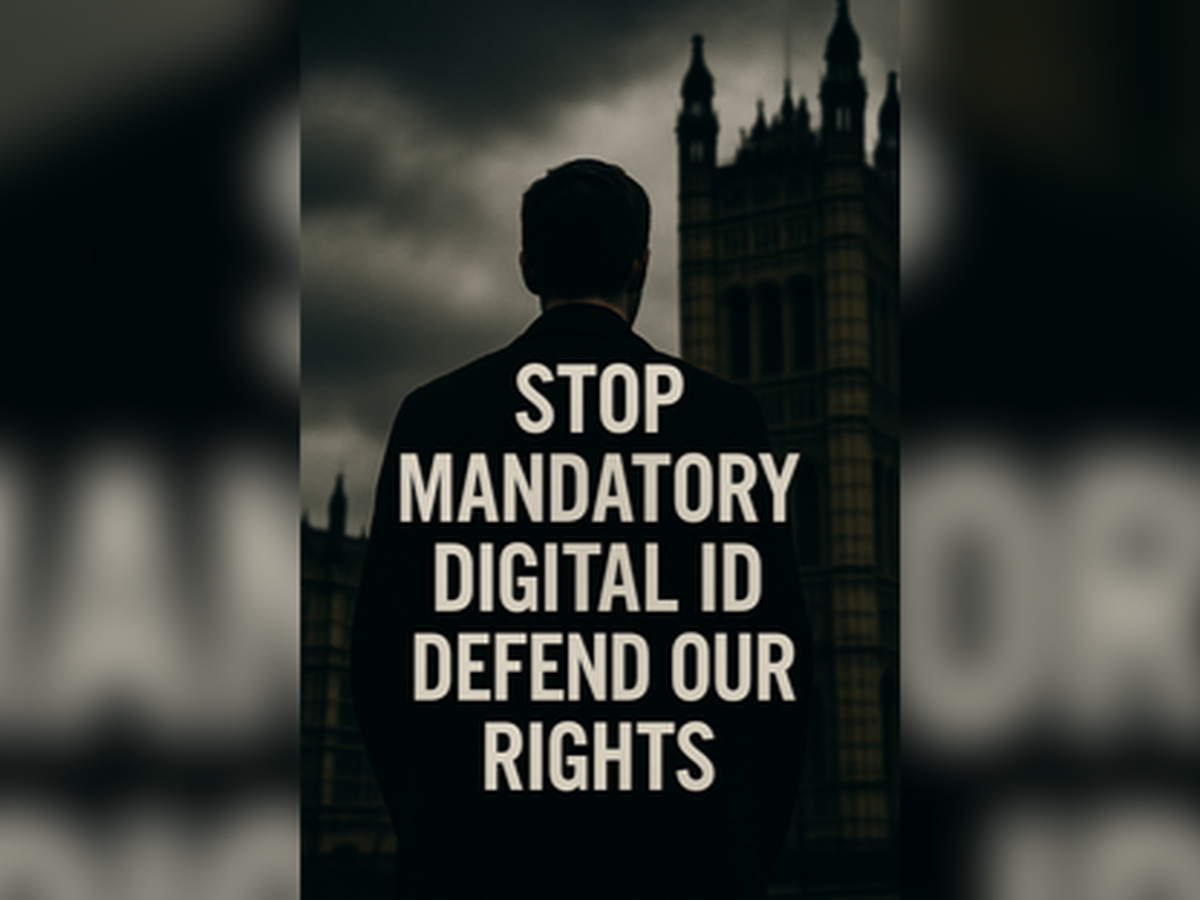My name is Charlie, and I am launching a legal challenge against the government’s plan to impose mandatory digital ID on every UK resident.
This case is not just about ID cards. It is about the protection of our fundamental rights to privacy, liberty, and equality before the law. If the state gains the power to force every citizen to carry a digital identifier — linked to vast databases of personal information — the risk of misuse, exclusion, and surveillance is immense.
No one should be compelled by the government to surrender their identity and privacy to a centralised digital system.
We have fought this fight before. In 2006, Parliament introduced compulsory ID cards and a national identity register. But the British people resisted, and the law was repealed in 2010. Today, the same battle has returned — only in digital form.
Why This Case Matters
Our legal action relies on established constitutional and human rights principles:
Right to Privacy (Article 8 Human Rights Act 1998 / ECHR): The European Court of Human Rights has ruled that blanket retention of biometric data is unlawful (S and Marper v UK, 2008). A universal digital ID is no different: it is disproportionate and incompatible with a democratic society.
Data Protection (UK GDPR / Data Protection Act 2018): The law requires that data collection be necessary, proportionate, and limited. A compulsory ID register fails this test. In R (Bridges) v South Wales Police (2020), mass facial recognition was struck down for the same reasons.
Common Law Rights: Fundamental freedoms cannot be overridden by vague or general laws (ex p Simms [2000]). A digital ID scheme cannot be imposed by regulation or policy. Even if enacted, the courts would scrutinise it against the principle of legality.
Equality and Non-Discrimination: Mandatory digital ID would hit the elderly, disabled, and digitally excluded hardest. That is indirect discrimination, contrary to Article 14 ECHR and the Equality Act 2010.
This case is about more than digital ID. It is about the balance of power between citizen and state. As the judges in Jackson v Attorney General (2005) warned, the rule of law itself sets limits on state authority.
This case may be the last legal line of defence against a future where every aspect of our lives is monitored through a compulsory government ID system.
Why I Need Your Help
Mounting this challenge is essential, but it is also expensive. Judicial review and human rights litigation involve solicitors, barristers, expert evidence, and court costs. The government has deep pockets; an individual does not.
With your support, I can instruct a legal team, issue proceedings in the High Court, and — if necessary — take this case to the Court of Appeal, the Supreme Court, and even Strasbourg.
This is not just my fight. It is our fight. If we succeed, we defend the freedoms of every person in Britain.

